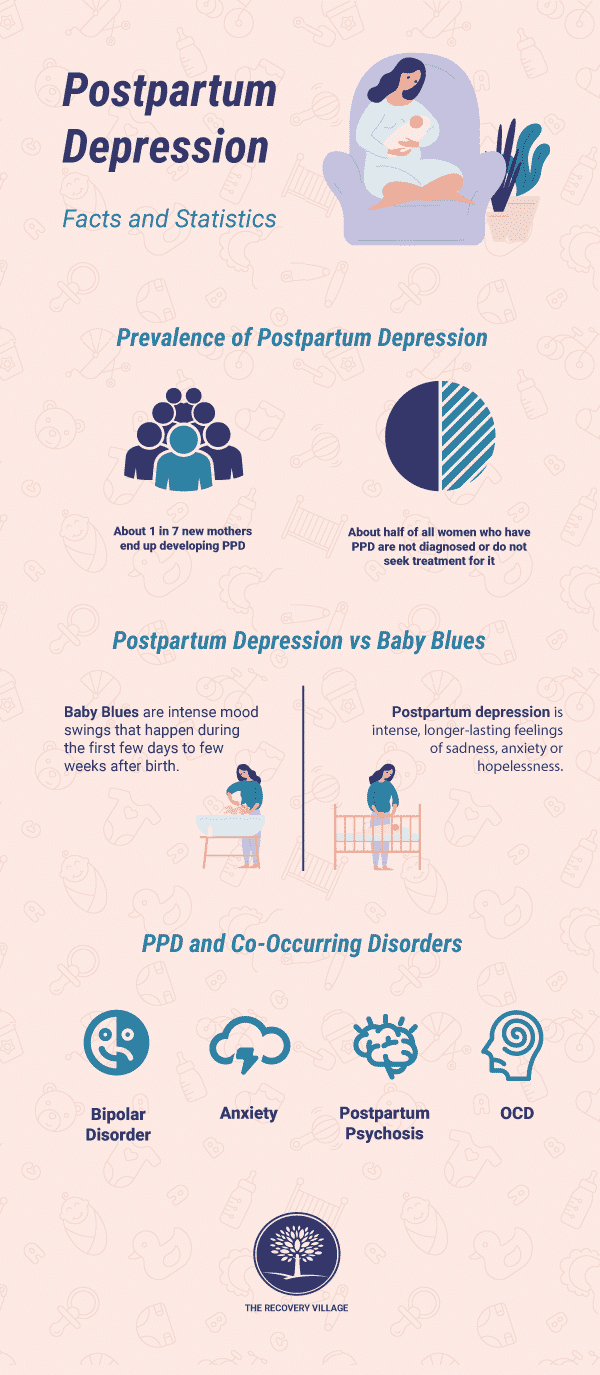
Understanding Postpartum Depression and Seeking Support
Introduction
Postpartum depression (PPD) is a serious mental health condition that affects many women after childbirth. It is characterized by a range of symptoms, including persistent sadness, anxiety, and fatigue. PPD can have a significant impact on a woman’s physical, emotional, and social well-being, as well as on her ability to care for herself and her baby.
Symptoms of Postpartum Depression
The symptoms of PPD can vary from woman to woman, but some of the most common include:
- Persistent sadness, anxiety, or irritability
- Difficulty sleeping or sleeping too much
- Changes in appetite or weight
- Fatigue or lack of energy
- Difficulty concentrating or making decisions
- Feelings of guilt, worthlessness, or hopelessness
- Thoughts of harming oneself or the baby
- Withdrawal from social activities
Risk Factors for Postpartum Depression
There are a number of factors that can increase a woman’s risk of developing PPD, including:
- A history of depression or anxiety
- A difficult pregnancy or childbirth
- A lack of social support
- Financial problems
- Stressful life events
Diagnosis and Treatment of Postpartum Depression
PPD is diagnosed by a mental health professional, such as a psychiatrist or psychologist. The diagnosis is based on a woman’s symptoms and a review of her medical history.
Treatment for PPD typically involves a combination of medication and therapy. Medication can help to relieve symptoms of depression and anxiety. Therapy can help women to understand and cope with their symptoms, and to develop strategies for managing their condition.
Seeking Support for Postpartum Depression
If you are experiencing symptoms of PPD, it is important to seek help from a mental health professional. There are a number of resources available to help women with PPD, including:
- Therapists and counselors: Therapists and counselors can provide support and guidance to women with PPD. They can help women to understand and cope with their symptoms, and to develop strategies for managing their condition.
- Support groups: Support groups can provide a safe and supportive environment for women with PPD to share their experiences and learn from others.
- Online resources: There are a number of online resources available to women with PPD, including websites and forums. These resources can provide information about PPD, as well as support and guidance.
Conclusion
PPD is a serious mental health condition that can have a significant impact on a woman’s physical, emotional, and social well-being. If you are experiencing symptoms of PPD, it is important to seek help from a mental health professional. There are a number of resources available to help women with PPD, including therapists, counselors, support groups, and online resources. With the right treatment and support, women with PPD can recover and go on to live healthy and fulfilling lives.
Additional Resources